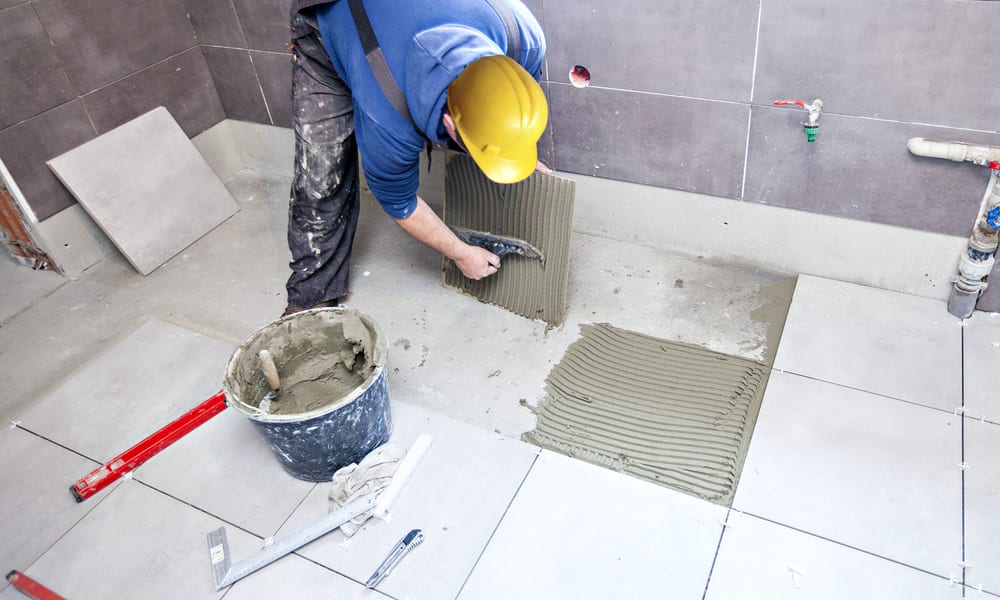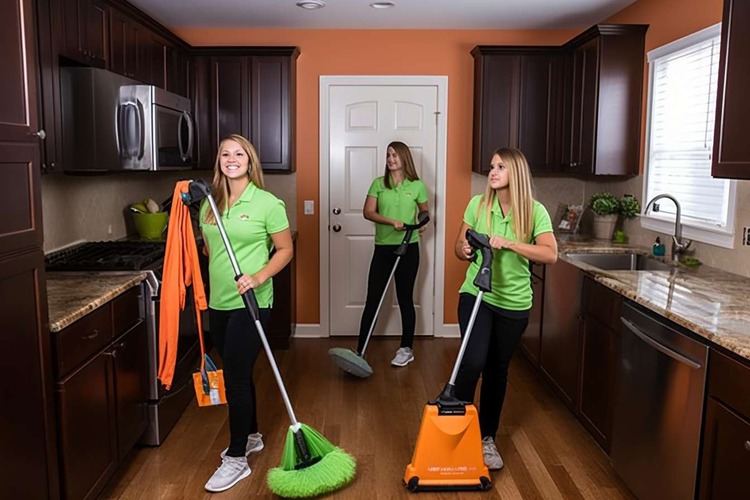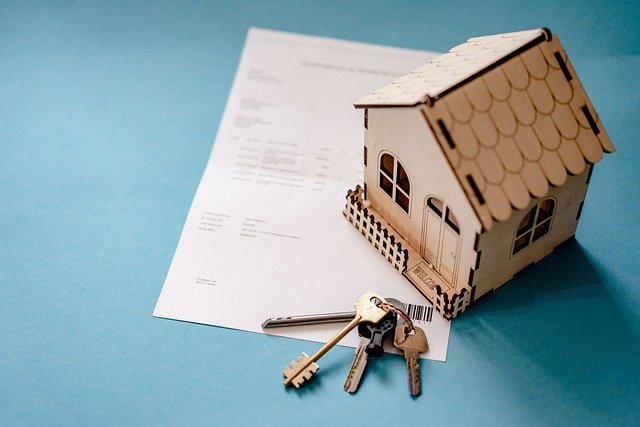Garden Fence Installation: A Comprehensive Guide to Materials, Costs, and Local Services
A garden fence serves multiple purposes, from enhancing property security to defining outdoor spaces and adding aesthetic appeal to your landscape. Whether you're looking to create a private sanctuary or establish clear property boundaries, understanding the fundamentals of garden fence installation, materials, and associated costs helps make informed decisions for your outdoor project.

Finding Professional Fence Installation Services Locally
Professional fence installation services offer expertise in proper fence positioning, material selection, and installation techniques. When searching for local fence contractors, verify their licensing, insurance coverage, and previous work portfolio. Request multiple quotes and check customer reviews to ensure reliable service delivery in your area.
Understanding Garden Fence Material Options
Garden fences come in various materials, each with distinct advantages:
-
Wood: Traditional appeal, customizable, requires regular maintenance
-
Vinyl: Low maintenance, weather-resistant, available in multiple styles
-
Metal: Durable, secure, includes options like wrought iron and aluminum
-
Composite: Eco-friendly, minimal maintenance, wood-like appearance
Calculating Garden Fence Installation Expenses
Installation costs vary significantly based on several factors:
-
Fence length and height
-
Material choice
-
Ground conditions
-
Local labor rates
-
Permit requirements
| Material Type | Average Cost per Linear Foot | Installation Cost per Linear Foot |
|---|---|---|
| Wood Fence | $15 - $30 | $8 - $15 |
| Vinyl Fence | $20 - $40 | $7 - $12 |
| Metal Fence | $25 - $45 | $10 - $20 |
| Composite | $30 - $50 | $8 - $15 |
Prices, rates, or cost estimates mentioned in this article are based on the latest available information but may change over time. Independent research is advised before making financial decisions.
Planning Your Garden Fence Project
Successful fence installation requires careful planning:
-
Check local zoning laws and obtain necessary permits
-
Mark property boundaries accurately
-
Identify underground utilities
-
Consider drainage patterns
-
Choose appropriate gate locations
-
Schedule installation during suitable weather conditions
Professional Installation vs. DIY Considerations
While DIY installation can reduce costs, professional installation offers several benefits:
-
Proper equipment and expertise
-
Time efficiency
-
Warranty coverage
-
Code compliance assurance
-
Professional finish and structural integrity
A garden fence represents a significant investment in your property, combining functionality with aesthetic appeal. Whether choosing professional installation or attempting DIY, careful planning and material selection ensure long-term satisfaction with your garden fence project. Consider local climate conditions, maintenance requirements, and budget constraints when making final decisions about your fence installation.




